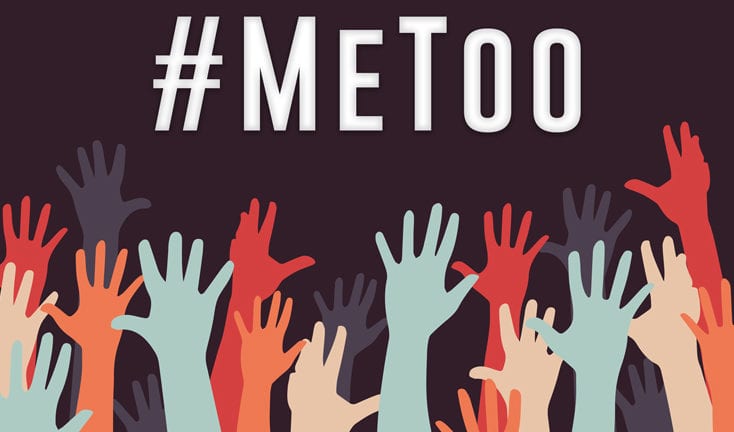A Journey of Validation and Empowerment
In the wake of the global #MeToo movement, fostering a culture of understanding and support is paramount. Sharing experiences of sexual harassment and assault empowers victims, sparks collective action, and accelerates change. To amplify voices across linguistic boundaries, let’s embark on a linguistic exploration to understand how to express “Me Too” in Korean.

Image: www.circulodedirectores.org
The Nuances of “Me Too” in Korean
In Korean, “Me Too” translates to “나도 마찬가지입니다 (nado machagiimnida).” This phrase encompasses both the notion of shared experiences and the solidarity that arises from acknowledging them. It validates the speaker’s experiences, conveys empathy, and extends a sense of belonging.
Unlike its English counterpart, “나도 마찬가지입니다” holds a subtle yet profound distinction. The inclusion of “입니다 (imnida)” denotes a formal and polite tone, underscoring the gravity of the issue and the speaker’s respect for both themselves and the recipient of their story.
Cultural Context and Stigma
In Korean society, discussing issues related to sexual harassment and assault has historically been shrouded in stigma and shame. This cultural barrier has often silenced victims and hindered them from seeking support. However, the #MeToo movement has ignited a positive shift, encouraging individuals to speak out and challenge societal norms.
By saying “나도 마찬가지입니다,” Koreans not only join a global movement but also defy the taboo surrounding these sensitive topics. They courageously break down barriers and create a space for open dialogue and healing.
The Impact of Sharing
Expressing “Me Too” in any language is a powerful act that transcends linguistic boundaries. It fosters a sense of community, connecting individuals who have endured similar experiences. Sharing these narratives raises awareness, breaks down stereotypes, and encourages perpetrators to be held accountable.
Furthermore, each “나도 마찬가지입니다” serves as a reminder that no one is alone in their struggles. Victims find validation and solace in knowing that others have experienced similar ordeals. It emboldens them to seek help, break the cycle of silence, and reclaim their voices.

Image: koreatruly.com
Expanding the Conversation
Beyond its literal meaning, “나도 마찬가지입니다” epitomizes a broader movement for gender equality and human rights. It is a catalyst for confronting systemic issues that perpetuate violence against women and other marginalized groups.
By engaging in nuanced conversations about sexual harassment and assault, society can cultivate a climate where empathy and accountability prevail. It empowers individuals to challenge harmful behaviors, promote safe spaces, and create a world where everyone feels valued and respected.
How To Say Me Too In Korean
Our Collective Responsibility
As we delve into the complexities of expressing “Me Too” in Korean, let’s also reflect on our collective responsibility as global citizens. By fostering inclusive and supportive environments, we can amplify diverse voices, shatter stigmas, and create a society where everyone feels empowered to speak their truth.
Let’s embrace the power of “나도 마찬가지입니다” as a beacon of unity, validation, and change. Together, we can create a world where every voice is heard and every survivor is supported on their journey towards healing and empowerment.